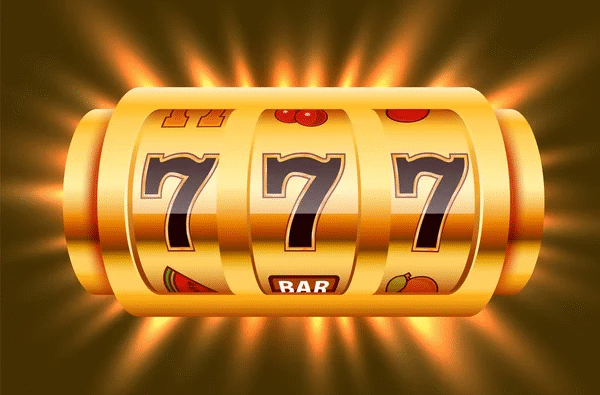Ludo is one of those timeless games that everyone seems to enjoy. From playing with family during holidays to playing on your phone during free time, it’s loved by people of all ages. But have you ever wondered where it all began? How did this simple game turn into one of the most popular games today?
One platform that has made Ludo more exciting is Zupee, offering fun versions like Ludo Supreme and Ludo Turbo. Zupee takes traditional Ludo and adds a competitive edge, making it an excellent option for those who enjoy real-time gameplay with friends or strangers. Plus, with Zupee’s refer and earn feature, you can invite friends to join and win rewards while playing your favorite Ludo games.
The Origins of Ludo
Ludo didn’t appear out of nowhere. Its roots go back to ancient India, where it was first played as Pachisi. This game was a favourite in royal courts and was not just a casual game—it involved strategy and skill.
- Pachisi was played at Emperor Akbar’s court.
- The board was made of cloth, with hand-stitched pieces.
- Instead of dice, people used cowrie shells, and the board was shaped like a cross.
It was only when the British saw the game and made a few changes that it became the Ludo we know today.
How Ludo Evolved Over Time?
In 1896, the British simplified Pachisi, replaced cowries with dice, and patented it as Ludo. This change helped the game spread quickly across the world. Despite its global popularity, the game still kept its roots in India.
- Cowries were replaced with dice.
- The pieces (or gotis) were made of plastic.
- The game became quicker, easier to set up, and more family-friendly.
This made Ludo the perfect game to play anywhere—whether on a table, in a school bag, or on your smartphone. Fast forward to today, and Zupee takes this classic game online, offering exciting skill-based formats like Ludo Supreme and Ludo Turbo for players to enjoy in real-time. Whether you’re playing casually or competing seriously, Zupee brings the timeless fun of Ludo right to your mobile device.
Key Milestones in Ludo’s History
| Year | Event |
| 1896 | The game gets patented in England as Ludo |
| 1940s–70s | Ludo becomes a standard board game in Indian homes |
| 2016 | Ludo King launches and revives interest during lockdowns |
| 2020 onwards | Ludo becomes part of real cash games APK platforms, featuring time-based modes and competitive rooms. |
The Rise of Digital Ludo
When Ludo hit app stores, it took off quickly. People who hadn’t played in years were suddenly playing it on their phones. The mobile apps were easy to use, fast, and let you play anytime with friends, strangers, or AI.
Many apps, including real cash games apk platforms, even added exciting features like refer and win tournaments and bonuses, which made the experience even more fun. These features not only enhanced the gameplay but also helped Ludo become one of the most popular paisa kamane wala app choices in India, offering real cash rewards and skill-based competition.
Ludo’s Popularity Across the Globe
It’s not just in India where Ludo is loved. The game has spread across the world, from Nigeria to Spain, the UK, the Philippines, and South America. Each country may have its own spin on it, but the game stays the same—simple rules, four tokens, and the goal to get home before anyone else.
Conclusion
From royal courts to smartphones, Ludo has come a long way. It’s not just a board game anymore; it’s a part of culture, nostalgia, and today’s gaming world. Whether you’re playing with real dice or tapping on a screen, Ludo is here to stay. If you want to experience Ludo freshly, Zupee is the perfect platform to play skill-based Ludo with an exciting twist.













